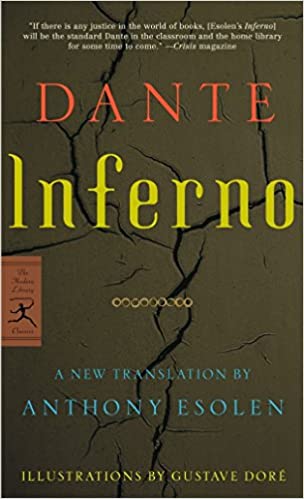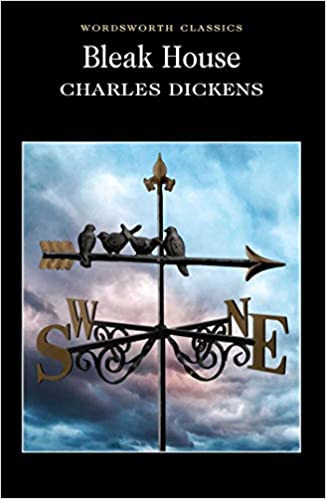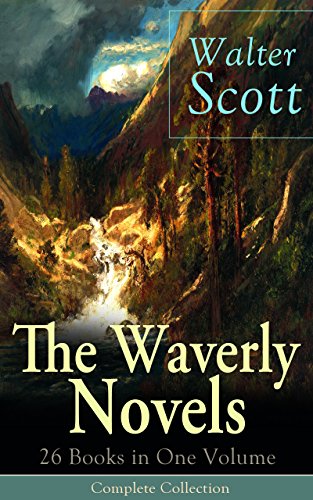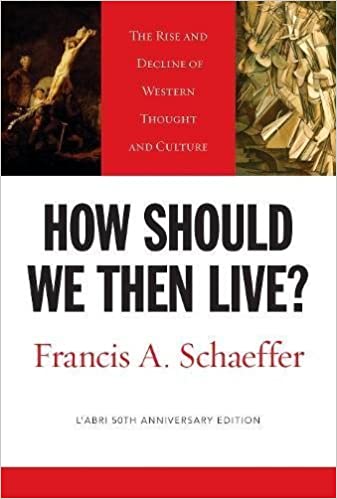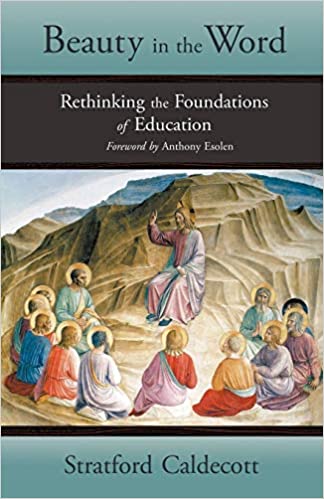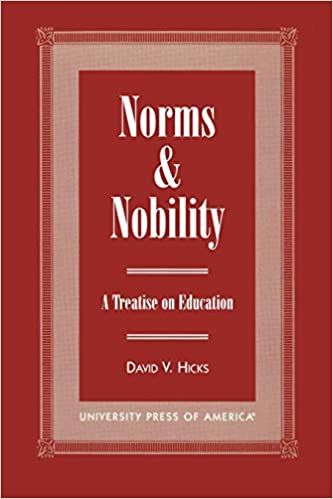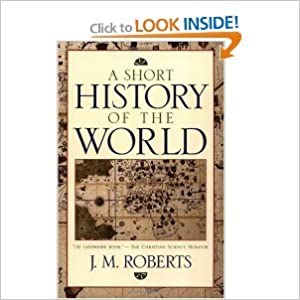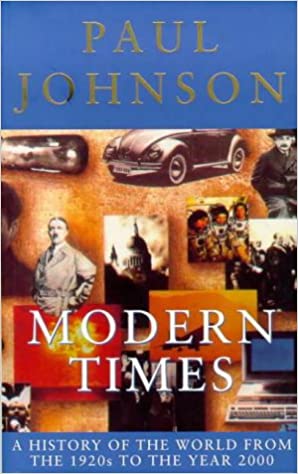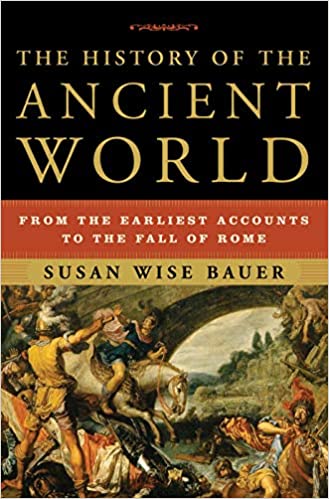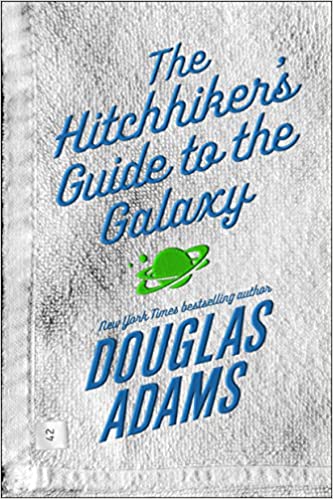Inferno (The Divine Comedy)
An extraordinary new verse translation of Dante’s masterpiece, by poet, scholar, and lauded translator Anthony Esolen
Of the great poets, Dante is one of the most elusive and therefore one of the most difficult to adequately render into English verse. In the Inferno, Dante not only judges sin but strives to understand it so that the reader can as well. With this major new translation, Anthony Esolen has succeeded brilliantly in marrying sense with sound, poetry with meaning, capturing both the poem’s line-by-line vigor and its allegorically and philosophically exacting structure, yielding an Inferno that will be as popular with general readers as with teachers and students. For, as Dante insists, without a trace of sentimentality or intellectual compromise, even Hell is a work of divine art.
Esolen also provides a critical Introduction and endnotes, plus appendices containing Dante’s most important sources—from Virgil to Saint Thomas Aquinas and other Catholic theologians—that deftly illuminate the religious universe the poet inhabited.
More info →Bleak House
Bleak House is one of Dickens' finest achievements, establishing his reputation as a serious and mature novelist, as well as a brilliant comic writer. It is at once a complex mystery story that fully engages the reader in the work of detection, and an unforgettable indictment of an indifferent society. Its representations of a great city's underworld, and of the law's corruption and delay, draw upon the author's personal knowledge and experience. But it is his symbolic art that projects these things in a vision that embraces black comedy, cosmic farce, and tragic ruin. In a unique creative experiment, Dickens divides the narrative between his heroine, Esther Summerson, who is psychologically interesting in her own right, and an unnamed narrator whose perspective both complements and challenges hers.
With an Introduction and Notes by Doreen Roberts, University of Kent at Canterbury
The Waverly Novels
This carefully crafted ebook: "The Waverly Novels: 26 Books in One Volume - Complete Collection" is formatted for your eReader with a functional and detailed table of contents.
Table of Contents:
INTRODUCTION:
Famous Authors on Scott
SIR WALTER SCOTT AND LADY MORGAN by Victor Hugo
MEMORIES AND PORTRAITS by Robert Louis Stevenson
SCOTT AND HIS PUBLISHERS by Charles Dickens
WAVERLY NOVELS:
WAVERLEY
GUY MANNERING
THE ANTIQUARY
ROB ROY
IVANHOE
KENILWORTH
THE PIRATE
THE FORTUNES OF NIGEL
PEVERIL OF THE PEAK
QUENTIN DURWARD
ST. RONAN'S WELL
REDGAUNTLET
WOODSTOCK
THE FAIR MAID OF PERTH
ANNE OF GEIERSTEIN
Tales of My Landlord
OLD MORTALITY
BLACK DWARF
THE HEART OF MIDLOTHIAN
THE BRIDE OF LAMMERMOOR
A LEGEND OF MONTROSE
COUNT ROBERT OF PARIS
CASTLE DANGEROUS
Tales from Benedictine Sources
THE MONASTERY
THE ABBOT
Tales of the Crusaders
THE BETROTHED
THE TALISMAN
Biographies:
SIR WALTER SCOTT by George Saintsbury
SIR WALTER SCOTT by Richard H. Hutton
MEMOIRS OF THE LIFE OF SIR WALTER SCOTT by J. G. Lockhart
Sir Walter Scott (1771-1832) was a Scottish historical novelist, playwright and poet. He was the first modern English-language author to have a truly international career in his lifetime, with many contemporary readers in Europe, Australia, and North America. His novels and poetry are still read, and many of his works remain classics of both English-language literature and of Scottish literature. Famous titles include Ivanhoe, Rob Roy, The Lady of the Lake, Waverley, The Heart of Midlothian and The Bride of Lammermoor.
How Should We Then Live? The Rise and Decline of Western Thought and Culture
Drawing upon forty years of study in theology, philosophy, history, sociology and the arts, Dr. Schaeffer contemplates the reasons for modern society's sorry state of affairs and argues for total affirmation of the Bible's morals, values, and meaning.
More info →Beauty in the Word: Rethinking the Foundations of Education
What is a good education? What is it for? To answer these questions, Stratford Caldecott shines a fresh light on the three arts of language, in a marvelous recasting of the Trivium whereby Grammar, Dialectic, and Rhetoric are explored as Remembering, Thinking, and Communicating. These are the foundational steps every student must take towards conversion of heart and mind, so that a Catholic Faith can be lived out in unabashed pursuit of the True, the Good, and the Beautiful. Beauty in the Word is a unique contribution to bringing these bountiful aspects of the Real back to the center of learning, where they rightfully belong. If your concern is for the true meaning of education for your children, here is the place to begin.
More info →Middlemarch
Middlemarch is a complex tale of idealism, disillusion, profligacy, loyalty and frustrated love. This penetrating analysis of the life of an English provincial town during the time of social unrest prior to the Reform Bill of 1832 is told through the lives of Dorothea Brooke and Dr Tertius Lydgate and includes a host of other paradigm characters who illuminate the condition of English life in the mid-nineteenth century.
More info →Norms and Nobility: A Treatise on Education
A reissue of a classic text, Norms and Nobility is a provocative reappraisal of classical education that offers a workable program for contemporary school reform. David Hicks contends that the classical tradition promotes a spirit of inquiry that is concerned with the development of style and conscience, which makes it an effective and meaningful form of education. Dismissing notions that classical education is elitist and irrelevant, Hicks argues that the classical tradition can meet the needs of our increasingly technological society as well as serve as a feasible model for mass education.
More info →A Short History of the World
Mentioned in:
- Episode #69 - Socratic Trialogue (with Renee Shepard!) during the Scholé Every Day segment
Modern Times: A History of the World from the 1920s to the Year 2000
The classic world history of the events, ideas, and personalities of the twentieth century.
More info →The History of the Ancient World: From the Earliest Accounts to the Fall of Rome
A lively and engaging narrative history showing the common threads in the cultures that gave birth to our own.
This is the first volume in a bold new series that tells the stories of all peoples, connecting historical events from Europe to the Middle East to the far coast of China, while still giving weight to the characteristics of each country. Susan Wise Bauer provides both sweeping scope and vivid attention to the individual lives that give flesh to abstract assertions about human history.
Dozens of maps provide a clear geography of great events, while timelines give the reader an ongoing sense of the passage of years and cultural interconnection. This old-fashioned narrative history employs the methods of “history from beneath”―literature, epic traditions, private letters and accounts―to connect kings and leaders with the lives of those they ruled. The result is an engrossing tapestry of human behavior from which we may draw conclusions about the direction of world events and the causes behind them.
13 illustrations, 80 maps
More info →1984
From Amazon:
"
It is 1984, and the worlds' three major powers-Oceania, Eurasia and Eastasia-are constantly at war. In Oceania, where the Party is in power, the thought police unearth every act of dissent, and Big Brother is always watching. Winston Smith, a dutiful citizen of Oceania, works for the Ministry of Truth as a propaganda writer who rewrites history to suit the needs of the authoritarian government. But when Winston falls in love with fellow worker Julia, they begin to question the very system they work for, placing them in immense danger. Pursuing their forbidden love affair, Winston plans a rebellion against the Party in order to regain the freedom to shape his own future. But the ever-watchful Big Brother will not tolerate opposition, and for those who speak up against the system or dare to think what the Party does not want them to think, Room 101 awaits them . . .
1984 is George Orwell's haunting prophesy of the future, which has held multiple generations of readers spellbound in its chilling and terrifying vision of life under a totalitarian regime. Powerful and unforgettable, this still-relevant novel explores the obliteration of truth, individuality and liberty in a world where the ruling power seeks to control everything, from information to thought and memory."
More info →
The Hitchhiker’s Guide to the Galaxy
From Amazon:
"It’s an ordinary Thursday morning for Arthur Dent . . . until his house gets demolished. The Earth follows shortly after to make way for a new hyperspace express route, and Arthur’s best friend has just announced that he’s an alien.
After that, things get much, much worse.
With just a towel, a small yellow fish, and a book, Arthur has to navigate through a very hostile universe in the company of a gang of unreliable aliens. Luckily the fish is quite good at languages. And the book is The Hitchhiker’s Guide to the Galaxy . . . which helpfully has the words DON’T PANIC inscribed in large, friendly letters on its cover."
More info →
